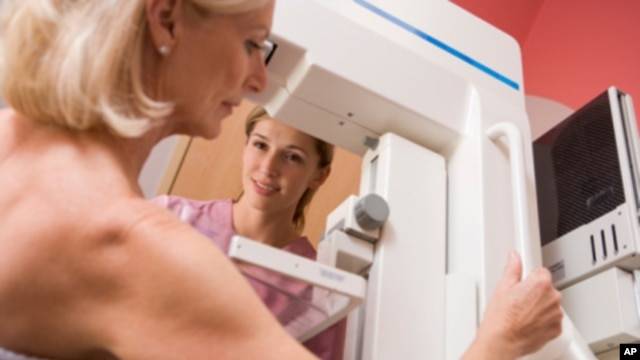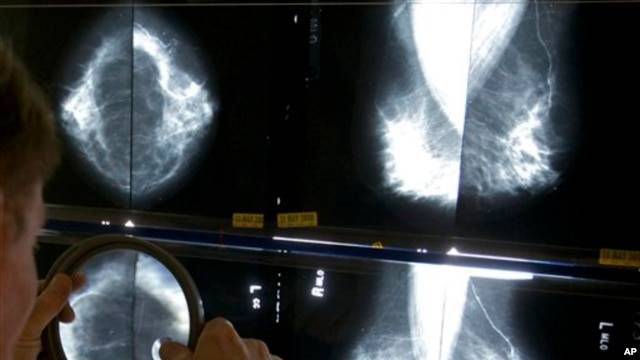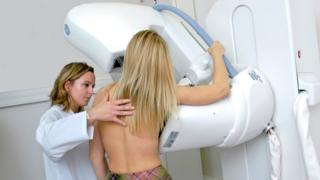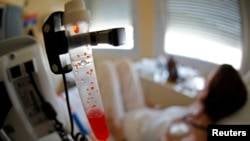- Jul 10, 2004
- 24,526
- 16,976
- 1,405
New late-stage breast cancer treatment approved
(CNN) -- A drug that presents a new way to knock out cancer cells was approved Friday to treat patients with a certain type of late-stage metastatic breast cancer.
The drug, referred to as T-DM1 during clinical research, will now be known by the brand name Kadcyla, the Food and Drug Administration said in its approval announcement. It's a new therapy for women with HER2-positive breast cancer.
Kadcyla is a combination of the targeted drug trastuzumab -- better known by the brand name Herceptin -- and a powerful chemotherapy drug called DM1. It's designed to work when Herceptin alone can no longer keep cancer in check.
DM1 is too toxic to deliver directly into a patient's bloodstream, like other chemotherapy drugs. The Herceptin part of the new drug homes in on cancer cells, sparing other healthy cells, and delivers DM1 into the cell.
(CNN) -- A drug that presents a new way to knock out cancer cells was approved Friday to treat patients with a certain type of late-stage metastatic breast cancer.
The drug, referred to as T-DM1 during clinical research, will now be known by the brand name Kadcyla, the Food and Drug Administration said in its approval announcement. It's a new therapy for women with HER2-positive breast cancer.
Kadcyla is a combination of the targeted drug trastuzumab -- better known by the brand name Herceptin -- and a powerful chemotherapy drug called DM1. It's designed to work when Herceptin alone can no longer keep cancer in check.
DM1 is too toxic to deliver directly into a patient's bloodstream, like other chemotherapy drugs. The Herceptin part of the new drug homes in on cancer cells, sparing other healthy cells, and delivers DM1 into the cell.
New late-stage breast cancer treatment approved - CNN.com
(CNN) -- A drug that presents a new way to knock out cancer cells was approved Friday to treat patients with a certain type of late-stage metastatic breast cancer.
The drug, referred to as T-DM1 during clinical research, will now be known by the brand name Kadcyla, the Food and Drug Administration said in its approval announcement. It's a new therapy for women with HER2-positive breast cancer.
Kadcyla is a combination of the targeted drug trastuzumab -- better known by the brand name Herceptin -- and a powerful chemotherapy drug called DM1. It's designed to work when Herceptin alone can no longer keep cancer in check.
DM1 is too toxic to deliver directly into a patient's bloodstream, like other chemotherapy drugs. The Herceptin part of the new drug homes in on cancer cells, sparing other healthy cells, and delivers DM1 into the cell.
(CNN) -- A drug that presents a new way to knock out cancer cells was approved Friday to treat patients with a certain type of late-stage metastatic breast cancer.
The drug, referred to as T-DM1 during clinical research, will now be known by the brand name Kadcyla, the Food and Drug Administration said in its approval announcement. It's a new therapy for women with HER2-positive breast cancer.
Kadcyla is a combination of the targeted drug trastuzumab -- better known by the brand name Herceptin -- and a powerful chemotherapy drug called DM1. It's designed to work when Herceptin alone can no longer keep cancer in check.
DM1 is too toxic to deliver directly into a patient's bloodstream, like other chemotherapy drugs. The Herceptin part of the new drug homes in on cancer cells, sparing other healthy cells, and delivers DM1 into the cell.
New late-stage breast cancer treatment approved - CNN.com







